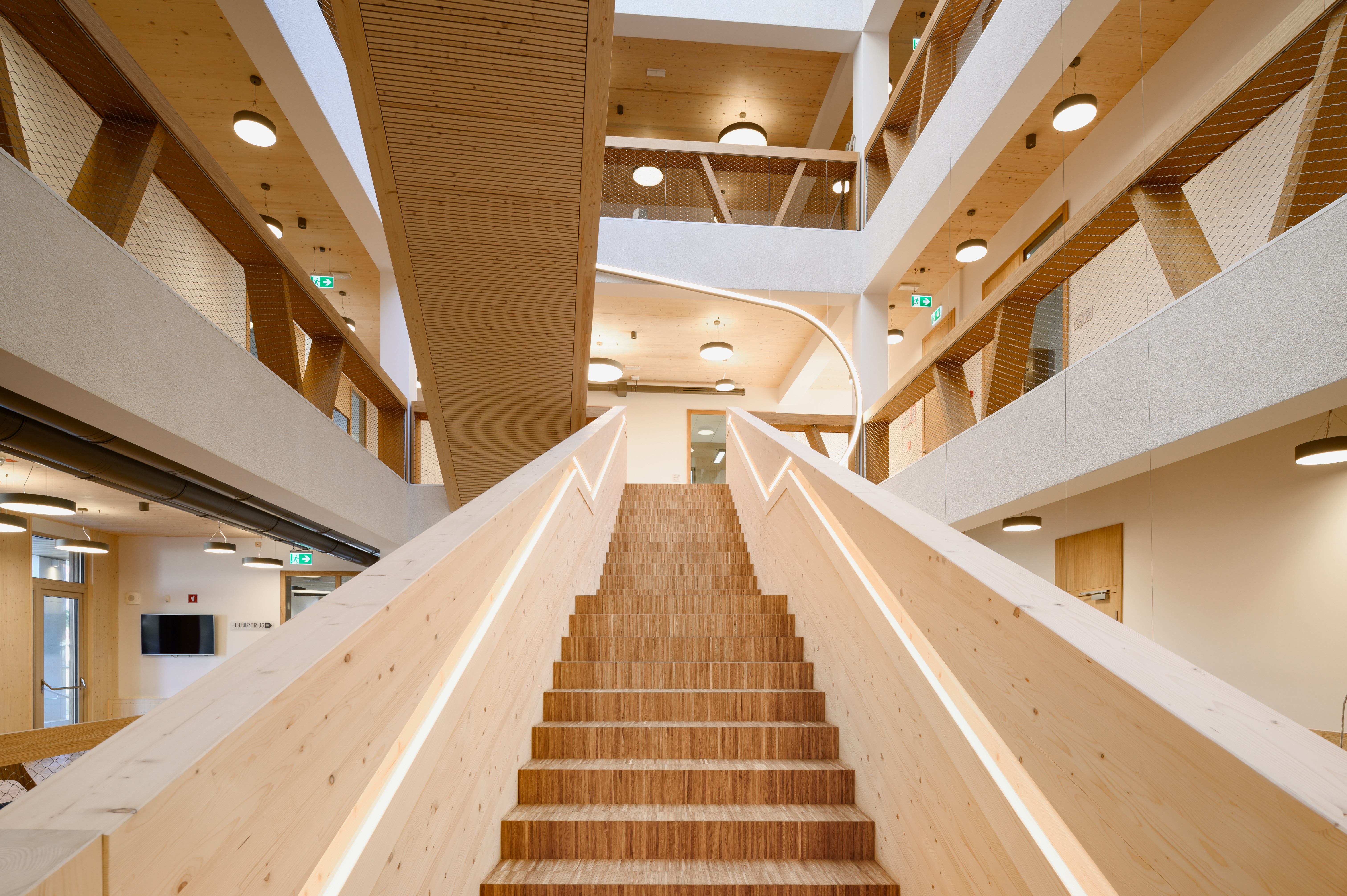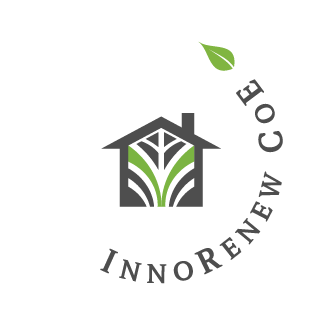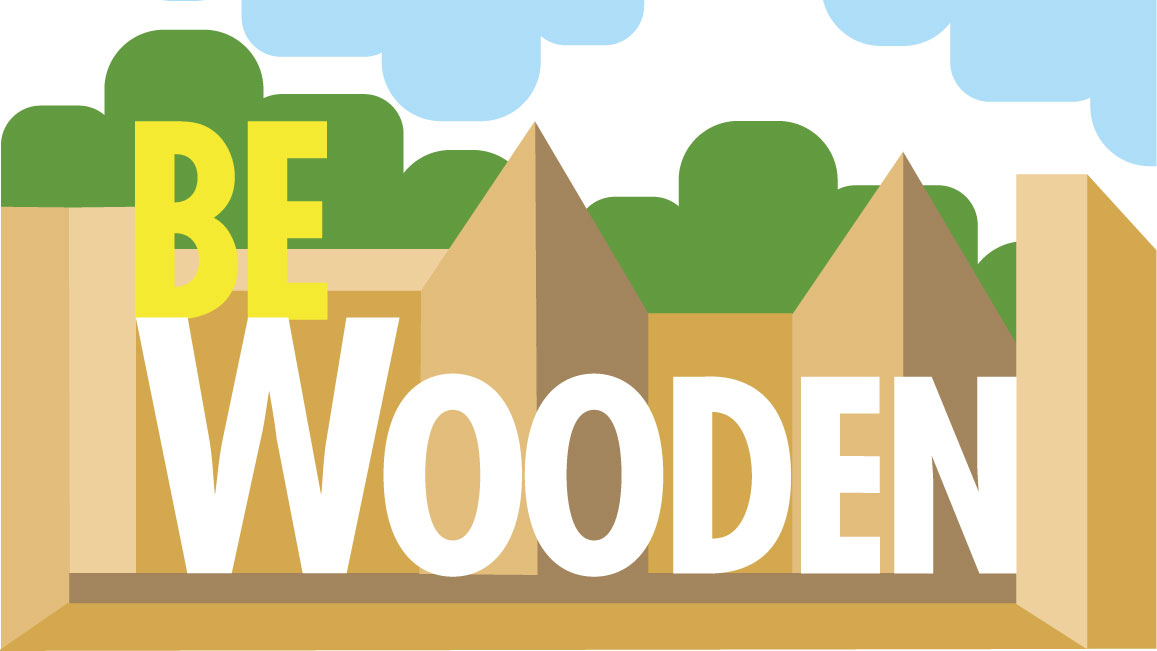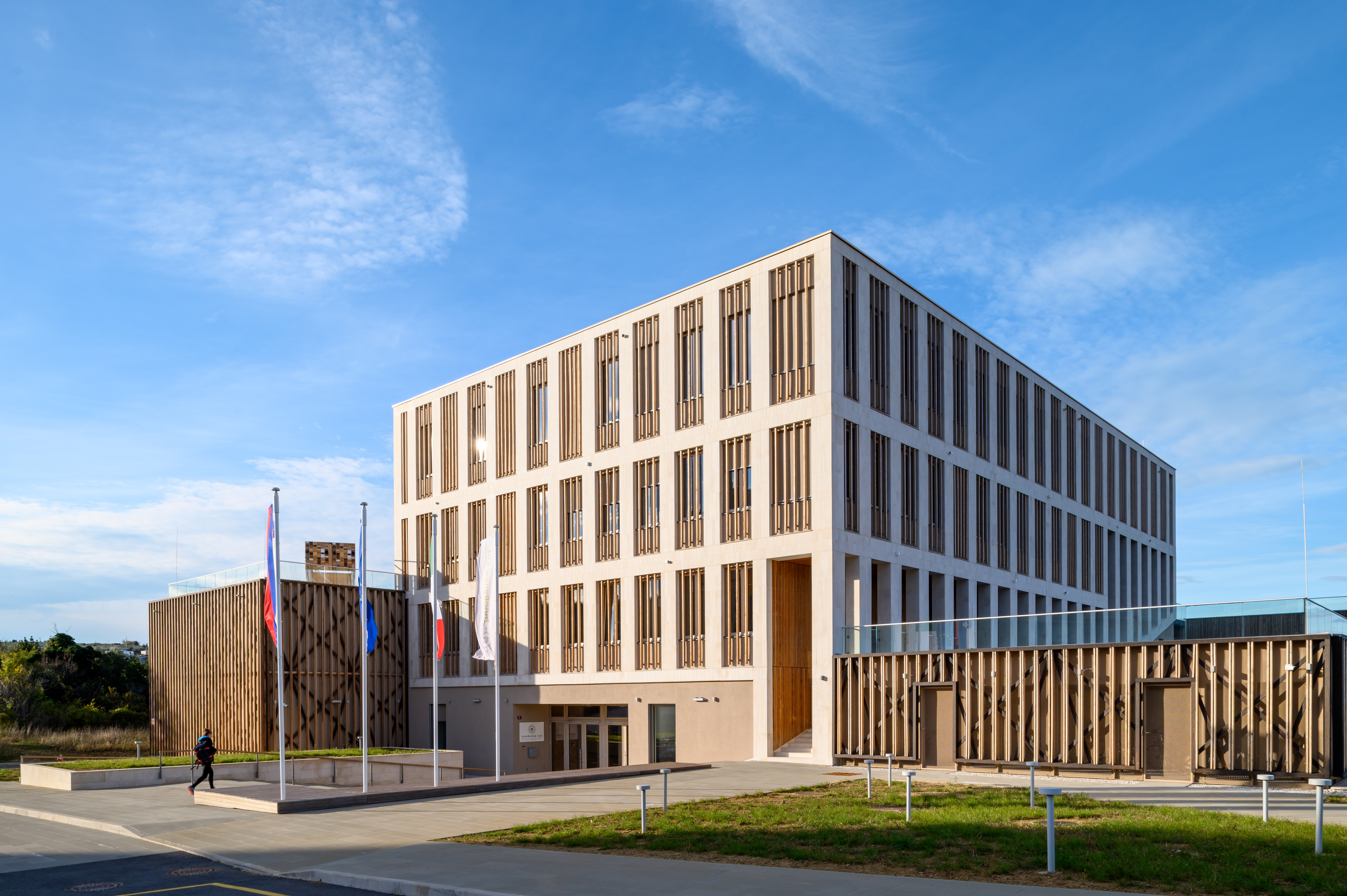
- PROJECT TITLE: Functionality and Environmental Suitability of the Door Closure System
- PROJECT LEADER: University of Primorska, Faculty of Mathematics, Natural Sciences and Information Technologies (UP FAMNIT) / Erwin M. Schau, PhD (for InnoRenew CoE)
- PERIOD: 01.03.2020 – 31.07.2020
- BUDGET: €1,550.00 for InnoRenew CoE
- FINANCING: European Union – European Cohesion Fund; Republic of Slovenia Ministry of Education, Science and Sport; and the Public Scholarship, Development, Disability and Maintenance Fund of the Republic of Slovenia
- PROJECT COORDINATOR: UP FAMNIT (Slovenia)
- PARTNERS: Titus, d. o. o., Dekani (Slovenia); InnoRenew CoE (Slovenia); UP FAMNIT students (4) from Computer Science and Informatics (graduate student), Bioinformatics (undergraduate student), Data Science (graduate student), Nature Conservancy (graduate student); UP Faculty of Management student (1) from Sustainable Development Management (graduate student); UP Faculty of Health Sciences student (1) from Kinesiology (postgraduate); working mentors Danijel Kozlovič (Titus d.o.o., Dekani) and Erwin M. Schau, PhD (InnoRenew CoE); pedagogical mentors Assoc. prof. Jernej Vičič, PhD (UP FAMNIT) and Assoc. prof. Andreja Kutnar, PhD (UP FAMNIT)
Due to scarcity of many raw materials, it is important to improve products and industrial processes in order to manage resources in the context of an environmental assessment that is in line with principles of the circular economy. Businesses need to balance environmental considerations and economic parameters to better align themselves with market needs that are changing according to social and political contexts.
Research in this area should include environmental and socio-economic assessment of different products and processes as well as use of ICT and project management, including the business model for proposed solutions.
Titus d.o.o. manufactures soft-closing systems for various applications (furniture, household appliances and other consumer goods). To ensure high quality standards, a small proportion of the cabinet hardware is discarded, which means a significant cost and environmental impact due to scale in mass production. The company wants to establish a business model that would offer an optimal solution to this problem while taking all major economic and environmental impacts into account. Dismantling discarded products into individual components for possible reuse as raw material or sale of disassembled components for new products can be an additional source of income and contribute to the reduction of production costs.
InnoRenew CoE project activities
InnoRenew CoE experts will help students conduct a recycled material and secondhand market review for Titus. With their findings, they will design an environmental evaluation model based on life cycle thinking for the circularity of selected products. They will prepare a mathematical (geometric) model for the prediction of door openings in furniture and household appliances as well as software for graphically displaying door openings in furniture and household appliances in 3D. They will also draft a sustainable business model for handling Titus products that cannot be used due to quality requirement.



